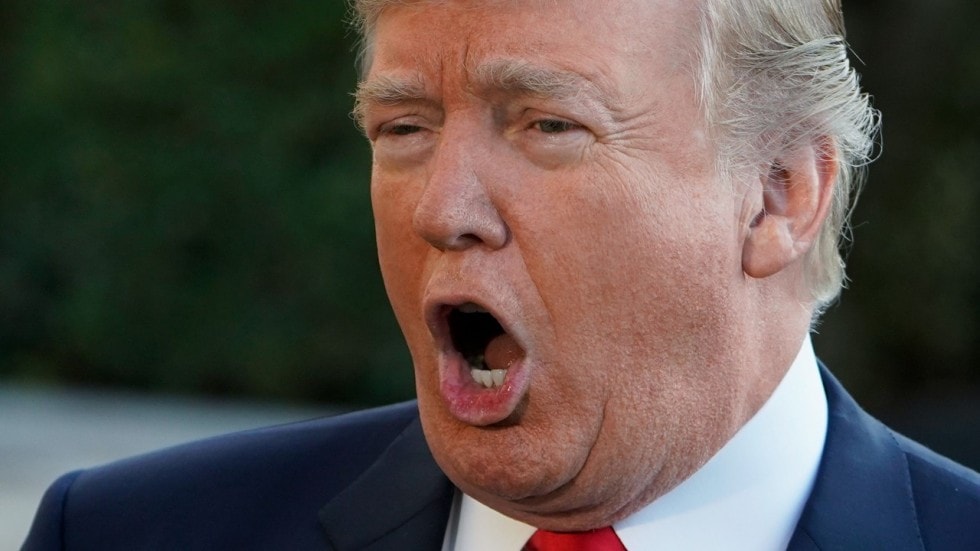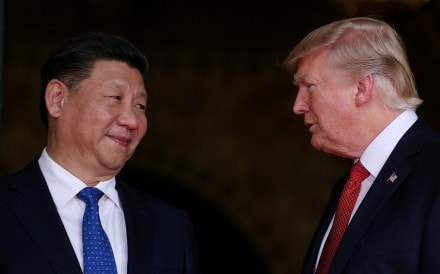US-China relations continue to decline in Trump's second year in office
(Baonghean.vn) - Experts predict that in President Trump's second year in office, the relationship between the US and China will continue to decline.
As the second year dawns, analysts and policymakers are predicting further disagreements in the relationship between the two countries.
Along with President Trump's declining domestic approval ratings, Washington's standing on the most pressing issues identified by the US leader, issues that require Beijing's cooperation, has weakened: the US trade deficit with China has grown and North Korea appears to possess nuclear weapons.
 |
| US President Donald Trump ends his first year in office. Photo: AP |
In an interview with SCMP, Professor Shi Yinhong, Director of the Center for American Studies at Renmin University of China and advisor to the State Council, the country's highest government body, said: "We have witnessed the cycle of behavior of Mr. Trump, an unpredictable president, who is kind to China at one moment but harsh towards the Northeast Asian country the next."
The expert said he was “not optimistic” about the prospects for bilateral relations as Mr. Trump appeared to be about to impose punitive tariffs on goods imported from China.
There were signs that the relationship continued to deteriorate this week, when in a phone call with Chinese President Xi Jinping, Mr. Trump expressed “disappointment” with the growing trade deficit between the United States and China last year and said that “the situation is out of control.”
“As China’s power grows in the international arena, the structure of Sino-US relations is changing and Washington’s concerns about Beijing will continue to be present,” said Jie Dalei, an expert from Peking University of International Studies.
The expert said the personal relationship between the two countries' leaders had previously played an important role in stabilizing a series of difficult issues in the bilateral relationship.
However, Mr. Jie said: “I don't think anyone in China or any other country can say with certainty that they have the ability to influence the decision-making of the US leader.”
 |
| In his second year in office, analysts and policymakers are predicting further rifts in US-China relations. Photo: AP |
Meanwhile, several other leading analysts agree on the direction of the US-China relationship. Elizabeth Economy, director of Asia studies at the Council on Foreign Relations, said: “President Trump’s approach to policy, not just toward China but around the world, is difficult to pin down at different times. This is the first time China has had to drive the shaping of the relationship. Someone needs to take the lead.”
And China is doing this by working more closely with other countries on trade while its bilateral relationship with Washington is strained.
Tara Joseph, director of the American Chamber of Commerce in Hong Kong, said the US business community in mainland China is taking a “wait and see” approach.
“We don’t have a clear view of the policies in Washington,” Ms. Joseph said. “The current administration is a different kind of government, so there is no ready-made script to follow. But no one wants a war of words, which would have a negative impact on businesses everywhere.”
